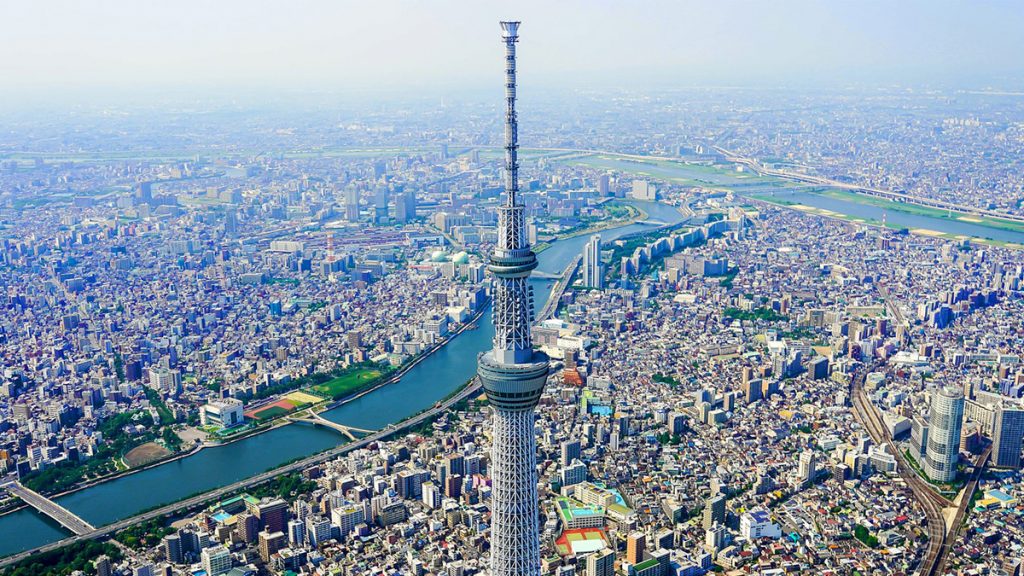With its astonishing history and nature, Japan has always been loved by global travellers. To ensure stable economic development and rapid growth of tourism, Japanese government introduced several new measures, including raising the consumption tax rate. Find out more the six major policies related to tourists.
———————–
1. Increasing consumption tax rates
From Oct 2019 onwards, the consumption tax rate has been adjusted from 8% to 10%. Meanwhile, some items were considered to remain the tax rate of 8%, such as take-away meal and eat-out food. However, confusion is often caused in the occasion of having take-away food inside the shore. During your travel, it is recommended to reconfirm the price with the staff before every purchase to avoid any misunderstanding between both parties. Click here to learn more about the reduced tax rates.

———————–
2. Oversized baggage reservation fee
For a departure date of May 2020, a reservation for the seat with oversized baggage area will be needed to take baggage that exceeds overall dimensions (length + width + height) of 160 cm, up to a maximum of 250 cm, on Tokaido Sanyo Shinkansen. This size is approximately the same as that for which an oversized baggage fee is charged on international flights (it differs by airline companies). More importantly, if you bring oversized baggage onto the train without a prior reservation, you will be asked to store it in a space designated by the conductor to avoid inconveniencing other passengers, and a carry-on fee of 1000 yen (tax-in) is charged accordingly.

———————–
3. Tight airport security checks
To prevent terrorism at the upcoming Olympics Game in 2021, visitors face tougher security inspection at Japan airports. Passengers on all flights will have to remove footwear that goes above the ankles for checks. Currently, individual inspectors usually decide which passengers must go through such screening. The airports will also run the coats and jackets of passengers through an X-ray machine.

———————–
4. Renaming Haneda airport terminal
Since March 2020, the international terminal at Haneda airport in Tokyo is renamed as Terminal 3, as part of large-scale renovations to cope with an increase in international flights ahead of the Olympics and Paralympics. Be aware that Tokyo Monorail and Keikyu Railway Line also changed the station names accordingly.

———————–
5. Convenience stores end 24-hour service
The debate started in February 2019, when an owner of a 7-Eleven franchise in Osaka shortened his shop’s business hours after struggling to adequately staff the store. unsatisfied with the move, executives at Seven-Eleven Japan headquarter threatened to cancel the franchise contract unless the owner reinstated the 24-hour policy. The media sparkled a vigorous public examination of the need for stores to stay open all night. Eventually Seven-Eleven Japan backed down to avoid PR disaster and announced the new reduced opening hours at outlets nationwide. Following by Family Mart and LAWSON, convenience stores are now generally exempted from 24-hour service policy. Check out the opening hour of the nearest stores when staying in Japan.

———————–
6. Minimum charge for plastic bags
To adopt the global environment-friendly measure, Japanese retailers including supermarkets and convenience stores are required to charge for plastic bags from July 2020. There will be no set price for plastic bags. Each retailer can decide how much to charge at the price of about two to three yen per bag. As a form of sustainable travelling, it is encouraged to bring your bags when shopping around.


